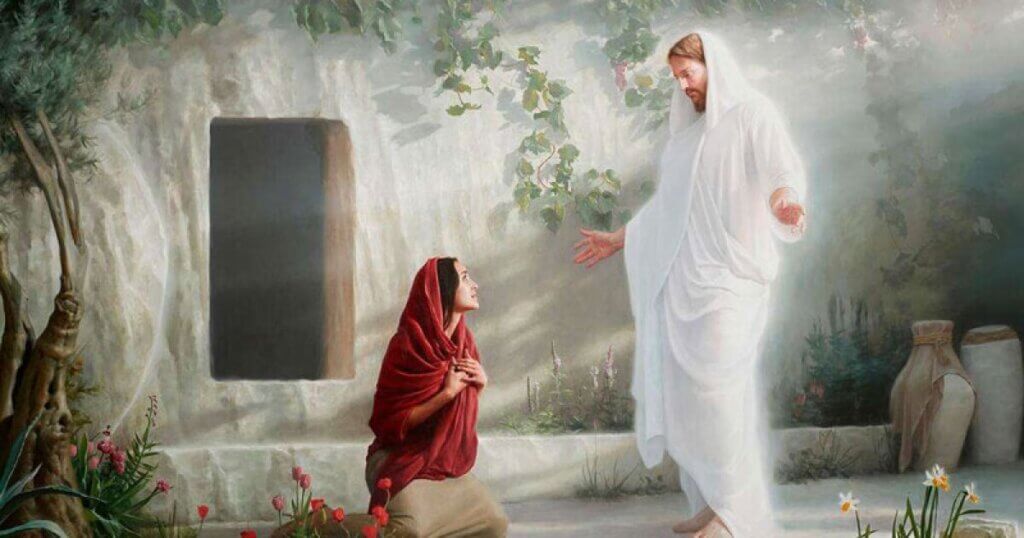It was in the context of his people’s lost and fallen state that the redemptive role of Israel’s God as their Savior and King awakened in their consciousness. When they prospered in the Promised Land, his people gave little thought to the need of a Savior. Many even forgot their heavenly King. Only after they had fallen from grace and forfeited all he had given them did the idea of a future Messiah take a firm hold. Israel’s exile and dispersion among the nations, in effect, had created the occasion for God’s plan of redemption to be realized. As his people assimilated into a lost and fallen humanity, they had even begun to resemble them—with one exception: the people of Israel were the descendants of Abraham, Isaac, and Jacob with whom God had covenanted that he would preserve their posterity. At Mount Sinai, he had likewise covenanted with Israel as a nation, promising that so long as they kept the terms of his covenant they would be his people and he would be their God (Exodus 6:7; Leviticus 26:12).
And yet, ever since the fall of Adam and Eve from immortality in Paradise to mortality on the earth (Genesis 3:1–19), the ancient “fathers,” too, had anticipated a Savior. They knew humanity’s corruptibility wasn’t its original or ultimate condition. They understood that as through Adam—a “son of God” (Luke 3:38; Moses 6:22)—death came on all humanity, so in the end death would be done away through another Son of God: “As in Adam all die, even so in Messiah shall all be made alive” (1 Corinthians 15:22, 45; cf. Moses 6:59). The covenants God made with Israel’s ancestors, with Israel as a nation, and with King David would lay the groundwork for his redemptive plan for the world. While the “servant” phase of Messiah’s mission waited until the meridian of time (Philippians 2:7)—at which point those covenants were in place—the “son” phase of his mission would wait until the end of the world, when his servants and people would again keep those covenants’ terms (3 Nephi 5:25–26; 20:29–46).
Indeed, it is out of loyalty to those with whom God covenanted from the beginning that the idea of a Messiah gains relevance. When he says, “I do this not for your sake, O house of Israel, but for the sake of my holy name” (Ezekiel 36:22), he shows that he intends to redeem his people not because of any merit of theirs but because he is faithful in fulfilling his covenants (cf. Leviticus 26:44). Although his people may have proven disloyal through the ages, his patience and long-suffering endure until certain ones among their descendants—a people identified with Zion—keep his law to such a degree as to warrant curse reversals and the redemption of the human race. Out of the historic circumstances God orchestrates that test the faith of his people to the utmost thus emerge categories of people called Zion/Jerusalem, sons/servants, and seraphs/saviors, who, according to the terms of his covenants, obligate God to intervene on their behalf at the very time their enemies come against them to destroy them.
Israel’s “fall” from grace and exile into the world thus resembles Adam and Eve’s “fall” and exile from Paradise, each impacting all of humanity. Just as God used the Flood to wipe out an entire world populace in response to humanity’s wickedness—saving only Noah and his family (Genesis 6:17; 7:7–16, 21–23)—so he wipes out an entire world populace in response to humanity’s endtime wickedness (Isaiah 10:23; 33:12–14). On that occasion, however, he simultaneously reverses the effects of the “fall” of Israel and the “fall” of Adam and Eve by saving and regenerating those who ascend to higher spiritual levels. With that endtime redemption—on account of some who keep the terms of his covenants—the Tree of Life Adam and Eve had access to again becomes reality: “To him who overcomes I will give to eat of the Tree of Life that is in the midst of the Paradise of God” (Revelation 2:7); but in this instance a Paradise established on the earth when Messiah comes (Isaiah 35:1–8; 51:3; 65:17–25).
(Taken from Endtime Prophecy, pp 233–234)



